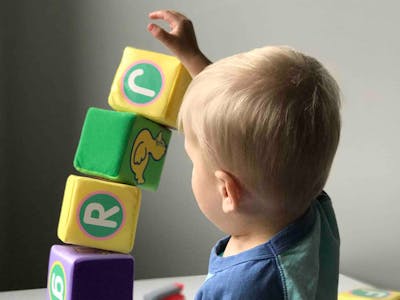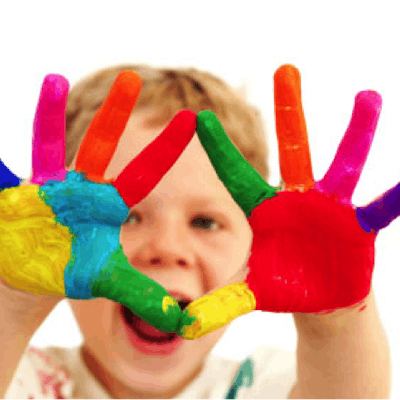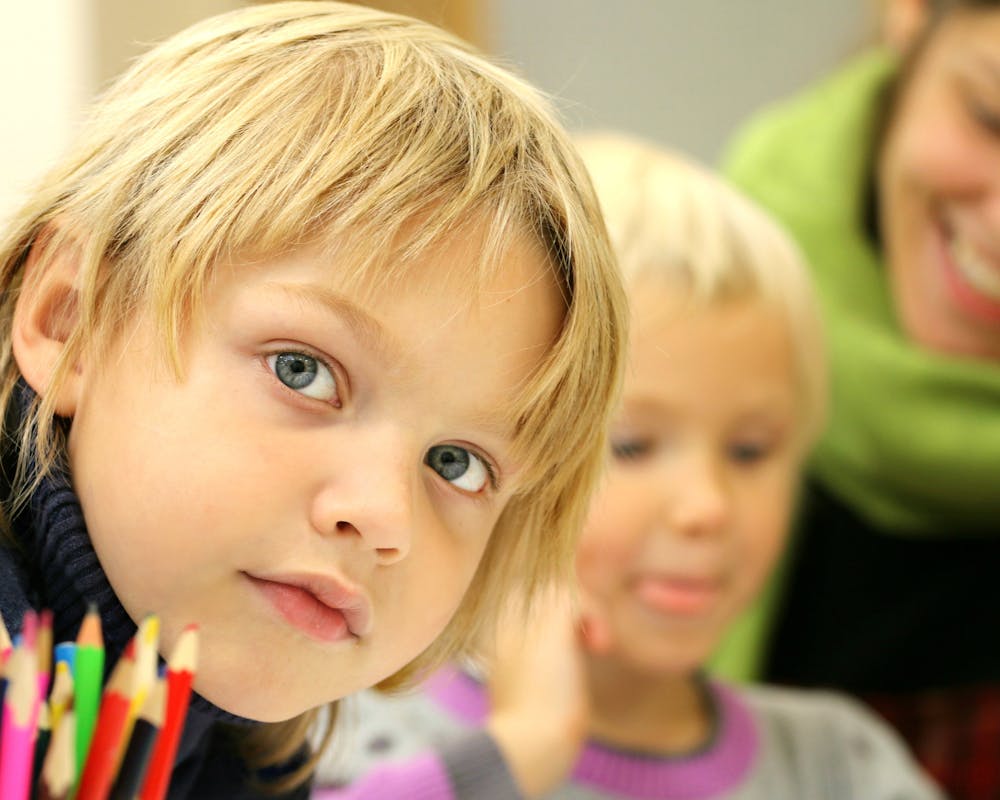“Imagination is more important than knowledge. Knowledge is limited. Imagination encircles the world.”
~Albert Einstein
You can’t get a stronger endorsement for imagination than Albert Einstein, a person who knew a thing or two about knowledge. And, in the true fashion of Einstein, modern science has proven his ideas right years later. Today’s neuroscience and psychology are just now learning how important imagination is to child development.
In this article, we talk about the benefits of imagination on child development, and then explain how parents can further nurture the imaginations of their children.
3 Benefits of Imagination for Children
Imagination is one of those skills that applies to many different fields. Although often associated with art and creativity, imagination can help almost any aspect of someone’s life, like work or relationships. For children, imagination is even more significant, since it shapes what kind of people they become. Here’s how, specifically, imagination helps kids…
1. Problem-solving Skills

If a problem has an easy solution, it’s not really a problem. For questions with answers that aren’t so obvious, you need to think hard — or “use your imagination.”
Imagination is directly linked to innovation and experimentation. Children and adults alike use their imaginations to work out possible solutions or strategies before settling on the best ones to enact in reality. In this sense, imagination is like a computer simulation or trial run, leading to more effective problem-solving skills.
Moreover, at younger ages, imagination helps children understand the concept of the future. At older ages, it helps them proactively influence their futures.
2. Empathy

Kids aren’t mind-readers — this isn’t a Stephen King novel! For a child to develop adequate empathy and compassion, they have to learn to imagine what other people are thinking or feeling.
Modern psychology calls this the “theory of mind” — an understanding that one has their own thoughts, desires, emotions, etc., and that others have their own “minds” as well. The theory of mind is closely related to imagination, as it’s a necessary component to “guessing” what another person might be thinking or feeling.
Typically, the theory of mind develops between the ages of three and six, making childhood the ideal time to strengthen the imagination.
3. Social Development

Once you understand how imagination helps with empathy, it’s not a huge leap to see how it helps with social situations as well. For one thing, the ability to understand others’ feelings has nothing but positive effects on social interactions, making it easy for children to make friends and play together without altercations.
Moreover, because a child’s peers are also developing their imaginations, children playing together mutually help each other. Playing make-believe games in groups improves everyone’s imaginations.
How to Give Your Kids a Healthy Imagination

Naturally, you’d want your own children to take advantage of the above benefits. But to better develop your kid’s imagination, you first need to understand how it works.
The famous neuroscientist Gregory Berns explains imagination through its connection to perception, like two sides of the same coin. “Perception and imagination are linked because the brain uses the same neural circuits for both functions… Imagination is like running perception in reverse.”
Regardless of the myth, the brain is not a muscle. However, it can be trained like a muscle, with regular “exercise.” Therefore, the more your child uses their imagination, the stronger it becomes.
